I don't hate you ‘cause your fat. You're fat ‘cause I hate you!
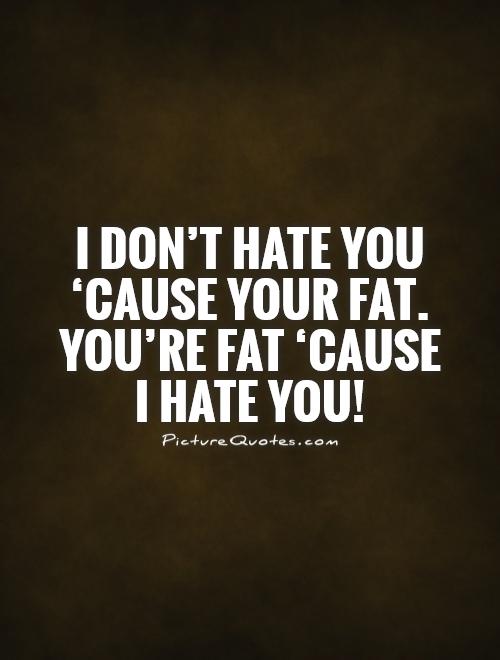
I don’t hate you ‘cause your fat. You’re fat ‘cause I hate you!
The statement "I don't hate you 'cause you're fat. You're fat 'cause I hate you!" is a powerful and thought-provoking one that delves into the complex relationship between body image and self-esteem. In our society, there is a pervasive stigma attached to being overweight or obese, with many people equating weight with worth. This can lead to individuals internalizing negative beliefs about themselves and their bodies, which can in turn impact their mental and emotional well-being.The idea that someone could become fat as a result of feeling hated or unloved is a poignant one. It suggests that our emotional state and self-perception can have a direct impact on our physical appearance. This is not to say that being overweight is solely a result of emotional distress, but rather that our mental and emotional health can play a significant role in our overall well-being.
For many people, weight gain can be a coping mechanism for dealing with difficult emotions or experiences. Food can provide comfort and solace in times of stress or sadness, leading to overeating and weight gain. In this way, weight can become a physical manifestation of emotional pain and turmoil.
Additionally, the statement highlights the damaging effects of internalized self-hatred. When we believe that we are unworthy or unlovable, it can lead to self-destructive behaviors such as overeating or neglecting our physical health. This can create a vicious cycle where negative self-perception fuels unhealthy habits, which in turn reinforce negative beliefs about ourselves.
Ultimately, the statement serves as a reminder of the importance of self-love and acceptance. It challenges us to examine the ways in which our emotional state can impact our physical health and well-being. By cultivating self-compassion and practicing self-care, we can break free from the cycle of self-hatred and embrace a more positive and nurturing relationship with ourselves.

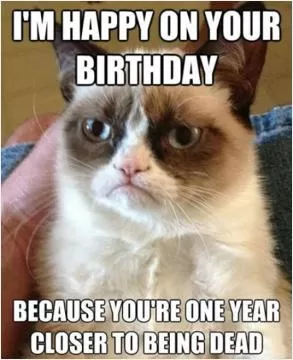


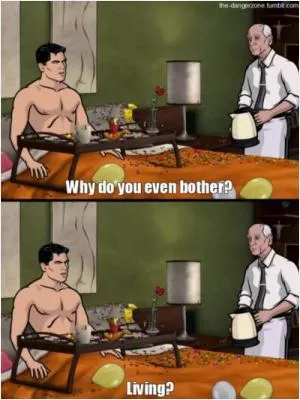
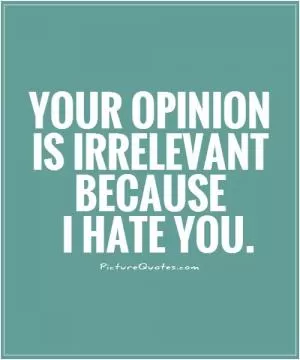

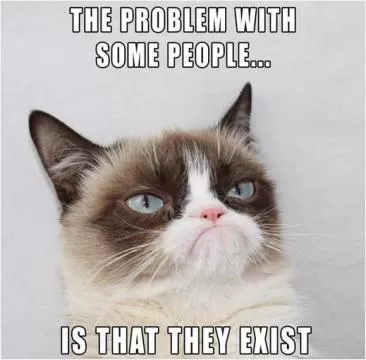

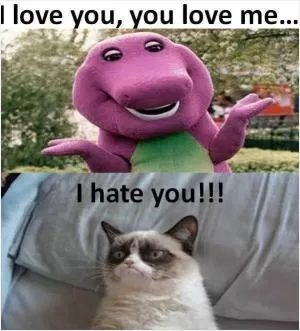

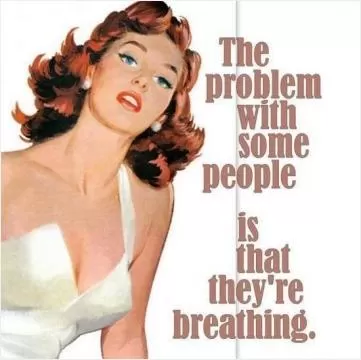
 Friendship Quotes
Friendship Quotes Love Quotes
Love Quotes Life Quotes
Life Quotes Funny Quotes
Funny Quotes Motivational Quotes
Motivational Quotes Inspirational Quotes
Inspirational Quotes